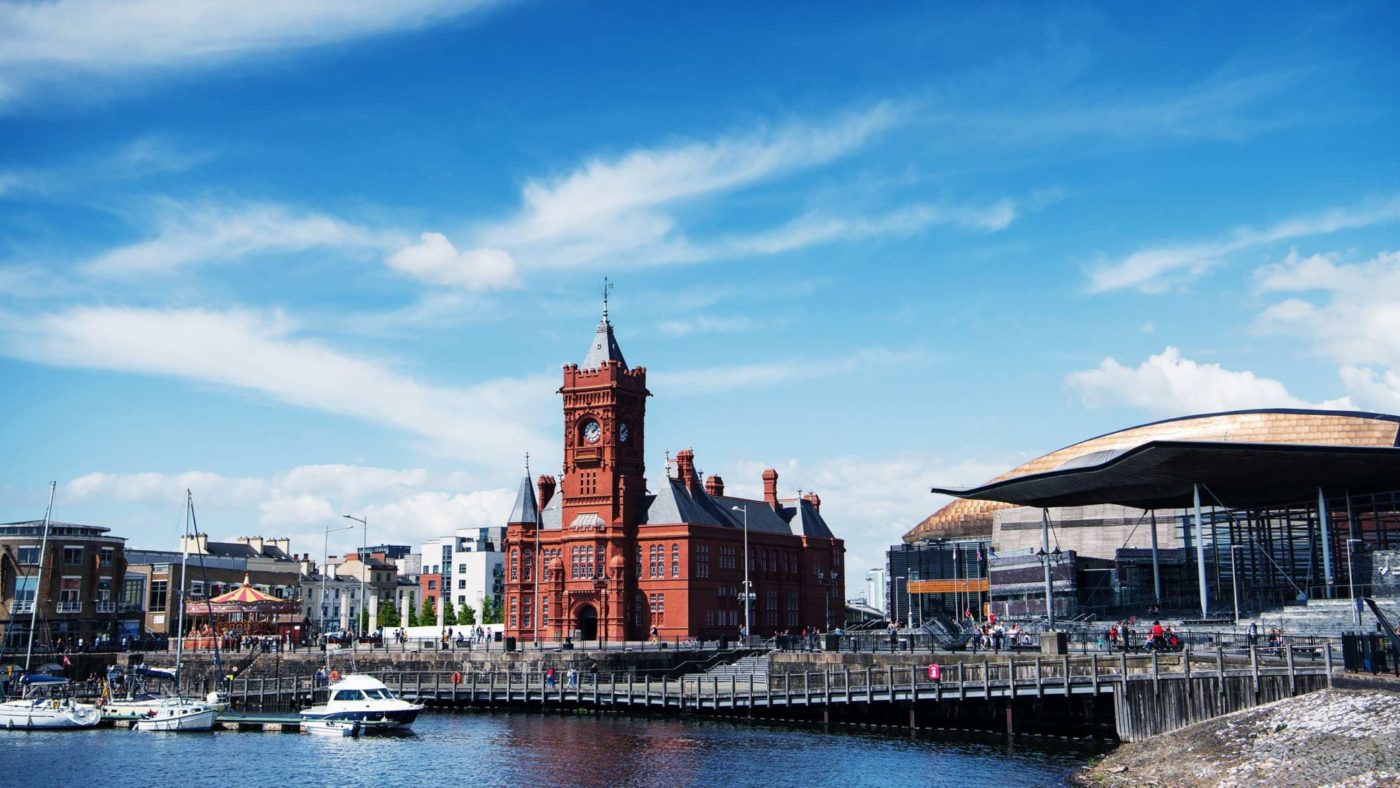The 1888 edition of Encyclopedia Britannica included a famously mirthless entry for Wales – “see England”.
Labour’s hegemony since 1924 has led pundits to treat Welsh politics as a similarly predictable affair. For Welsh politics, see Welsh Labour. Out-shouted by Scotland, less troubled than Ulster, it has become the province of the Cardiff-centric Welsh media.
Whitehall has been criticised for its ‘devolve and forget’ mentality, and there are similar shortcomings in Fleet Street’s attitude to Welsh politics. Insufficient scrutiny of Cardiff Bay makes it easier for Wales’ left wing elites to project their self-image onto Wales.
Now, however, Brexit and the ‘December Revolution’ has put a rocket under Labour’s ancestral claims to the Welsh political landscape.
Despite the promises of a ‘dividend’ made at the dawn of devolution the Welsh Labour Government’s record means it struggles for popular legitimacy. Welsh Health Secretary Vaughan Gethin epitomised his party’s imperial arrogance when he walked out of an ITV Wales interview. The Welsh Labour Government’s track record is so problematic that even Rebecca Long-Bailey has called for a ‘legal inquiry’ into the Welsh NHS.
Things are no better in schools. In a nation that produced many pioneering educationalists, two decades of ‘clear red water’ between Cardiff Bay and Westminster has led to a lost generation of state school pupils who are left to struggle in the UK’s worst performing education system.
Nor is Labour doing well on its supposed strong suit of social justice. Among the home nations Wales has the highest percentage of employees on short-term contracts and the lowest wages.
With all these obvious failures, the ‘Welsh Labour brand’ credited by Lord Hain to Huw Evans – “a very capable Welshman who had been working in London for New Labour” – appears increasingly timeworn.
To paraphrase Disraeli, after two decades they resemble a range of exhausted volcanoes, not a flame flickers on a single pallid crest. One former Tory Welsh Secretary said they are ‘Very tired, like the ageing Politburo that created glasnost’.
The Merthyr Tydfil MP and Labour leader Kier Hardie claimed socialism was integral to “the Welsh race”. Indeed Labour has won a majority of Welsh Parliamentary seats since 1924 and has run Welsh Government for what by 2021 will be nearly a quarter of a century. Nowadays the historian and Labour peer Kenneth Morgan laments they have ‘lapsed into insular isolation’.
Part of their problem is that the Welsh Left has moved on from the coalfields, steel mills and factories into the universities, media and Cardiff Bay bubble-linked political industries that form Welsh Labour’s rising class.
First Minister Mark ‘Cardiff Corbynista’ Drakeford speaks to Islington rather than Islwyn, doubling down on an emerging cultural divide with the part of Wales that his predecessor Rhodri Morgan called the “blue collar nation”. Wales is a nation of customs, traditions and ‘little platoons’, not the New Left radicalism of the Cardiff Condescendi.
December’s general election may not have been as terminal for Welsh Labour as the 2015 election was for their Scottish counterparts. Yet the decline is still remarkable. And challenges to Welsh Labour hegemony in their post-industrial working class heartlands are falling thick and fast.
The union is one source of problems. Just as Scottish Labour short-sightedly pitch-rolled for nationalism by claiming Conservatives were not Scottish enough, so Welsh Labour’s soft nationalist signaling lowers the bar for Plaid Cymru.
The strange case of Welsh Labour nationalism is having repercussions for the party in both the north-east and south-east of the principality. Drakeford who is “not personally” a Unionist, talks about the United Kingdom in such transactional that the Welsh Conservatives have been gifted the mantle of unambiguous defenders of the Union.
The latest Welsh Political Barometer suggests to a major breakthrough could be in the offing at next year’s Senedd election – though there’s a long way to go, the Welsh Conservatives are currently on 35%, which would put them on track to win 22 seats to Welsh Labour’s 24.
Moreover BBC Wales’ St David’s Day survey put Labour and the Conservatives level on 31% in the constituencies and two percentage points apart on the regional list vote. The Wales Governance Centre’s Professor Awan Scully projects 22 seats for Welsh Labour, 20 for Welsh Conservatives and 18 for Plaid Cymru.
One nation Welsh Conservatives may yet reboot home rule to deliver that long overdue devolution dividend. Welsh Tory leader Paul Davies stands for empowering people, boosting localism and ending what he calls “the Assembly gravy train”.
All political hegemonies come to an end. With an unpredictable fifteen months ahead the time may finally have come for the people of Wales to give an emphatic farewell to Welsh Labour’s two wasted decades.
Click here to subscribe to our daily briefing – the best pieces from CapX and across the web.
CapX depends on the generosity of its readers. If you value what we do, please consider making a donation.


